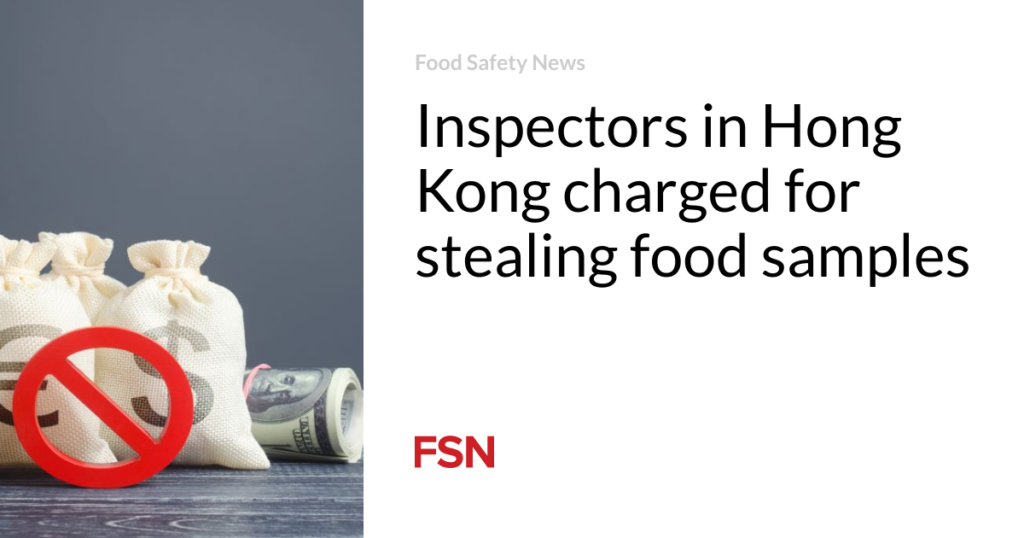Five inspectors from Hong Kong’s Food Safety Centre have been charged with stealing food samples.
The Independent Commission Against Corruption (ICAC) recently brought charges against health inspectors from the Centre for Food Safety (CFS).
A Food and Environmental Hygiene Department (FEHD) spokesman said five staff members had been suspended over alleged abuse of power by failing to properly test and then dispose of unused food samples.
The officers, aged between 28 and 37, have been jointly charged with one count of conspiracy to steal. They have been released on bail and are due to appear in court to be arraigned.
Pricing details
The charges allege that between May 2022 and March 2023, the five defendants conspired to steal some of the food samples purchased for testing on behalf of CFS.
The defendants are accused of using public funds to purchase food samples worth more than HK$88,000 (US$11,300) from five importers for two rounds of testing for radiation levels.
The CFS is responsible for ensuring that food sold in Hong Kong is safe and fit for consumption. At the time, the five defendants were part of the Food Import and Export Section of the Risk Management Department, whose responsibilities include testing food for radiation levels.
Health inspectors must purchase randomly selected food samples at a fair and reasonable price. One kilogram of each sample is required for testing. CFS prohibits inspectors from knowingly ordering excessive food samples or misappropriating untested samples. After testing, unused food samples must be disposed of in a waste collection point and recorded.
ICAC’s investigation was launched following complaints of corruption regarding the purchasing of samples. The agency found that the defendants planned to misappropriate food samples left over after testing but failed to follow internal guidelines for disposing of samples and ensuring proper records were kept. ICAC officers recovered 80 unused food samples from the defendants’ homes, including canned abalone, white truffle sauce, crab bisque, Japanese rice, and various types of pasta.
A FEHD spokesman said the department takes staff discipline and conduct very seriously and will not tolerate any illegal or fraudulent activity.
The ministry is taking additional precautionary measures, including improving work guidelines, streamlining procedures and strengthening the information system for procurement and recording of food samples by CFSs.
ICAC is assisting the FEHD in reviewing relevant procedures and will share its anti-corruption recommendations. ICAC is also providing integrity refresher training to FEHD officials in charge of food inspections, reminding them not to use their public office for personal gain.
(Click here to sign up for a free subscription to Food Safety News.)


